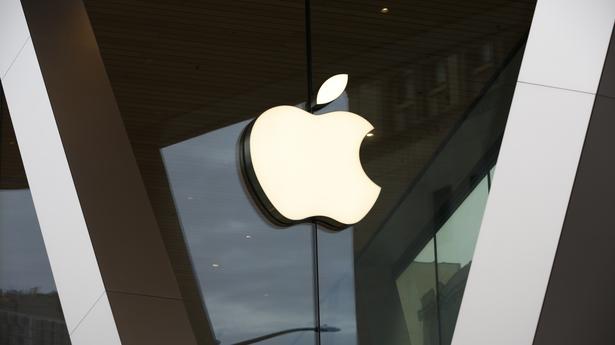
Dutch watchdog says Apple to offer other payment methods in dating apps
The Hindu
The AMC said in a statement that with this concession, Apple will meet the requirement that the regulator had set under the European Union and Dutch competition rules.
The Netherlands' antitrust watchdog on Saturday said Apple Inc will allow different payment methods in Dutch dating applications, ending a dispute that resulted in the company being fined 50 million euros ($52.58 million).
(Sign up to our Technology newsletter, Today’s Cache, for insights on emerging themes at the intersection of technology, business and policy. Click here to subscribe for free.)
The Authority for Consumers and Markets (AMC) said in a statement that with this concession, Apple will meet the requirement that the regulator had set under the European Union and Dutch competition rules.
The iPhone maker has long mandated use of its in-app payment system, which charges commissions of up 30% that some developers like Tinder owner Match Group Inc have argued are too high.
"In the digital economy, powerful companies have a special responsibility to keep the market fair and open. Apple avoided that responsibility, and abused its dominant position vis-à-vis dating-app providers," said Martijn Snoep, chairman of the board of ACM.
"We are glad that Apple has finally brought its conditions in line with European and Dutch competition rules."
The ACM ruled last year that Apple's rules violated Dutch competition laws in the dating app market and required Apple to allow those developers to use third-party payment processors.

 Run 3 Space | Play Space Running Game
Run 3 Space | Play Space Running Game
 Traffic Jam 3D | Online Racing Game
Traffic Jam 3D | Online Racing Game
 Duck Hunt | Play Old Classic Game
Duck Hunt | Play Old Classic Game

















